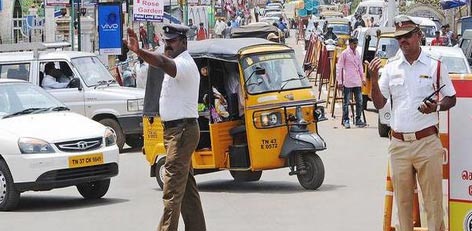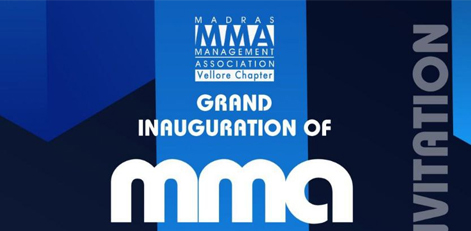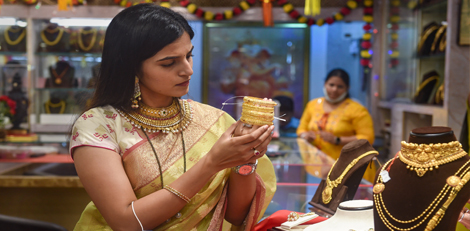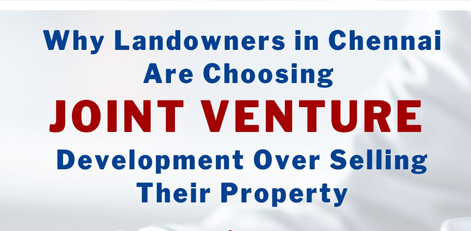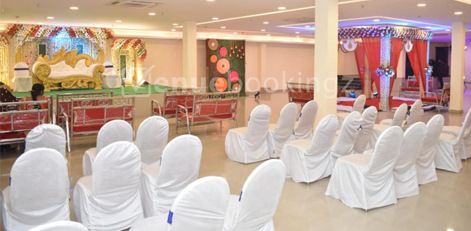CMRL Conducts Factory Acceptance Test for Second Tunnel Boring Machine for Corridor 4
Posted on: 19/May/2023 1:30:13 PM
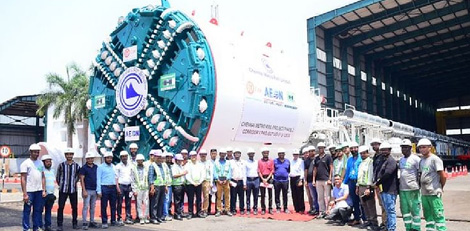
The Chennai Metro Rail Limited (CMRL) recently carried out a factory acceptance test for the second tunnel boring machine (TBM) in the underground section of Corridor 4, as part of the Phase II Metro rail construction.
The underground portion of Corridor 4 is divided into two packages, namely UG-01 and UG-02, each consisting of 4 km of twin tunnels. To complete the approximately 16 km tunneling required for this corridor, four TBMs have been planned for the execution of both the upline and downline tunnels.
The factory acceptance test for the third TBM of Corridor 4, which is the second TBM for the UG-01 package, took place today in Tiruvallur district. The TBM, named Flamingo (S1352A), weighs approximately 700 MT. After the test, the machine will be dismantled, packed, and transported to its destination at Light House station, Marina Beach. The construction of the TBM launching shaft is currently in progress at Light House Station, and it is expected to be ready for the TBM`s lowering and assembly in August, according to a press note.
Once launched, this TBM will operate in the downline section of Corridor 4, mining at a maximum depth of 29 meters below ground. It will commence its journey from Light House, passing through Kutchery Road, Thirumaylai, Alwarpet, Bharatidasan, and is scheduled to arrive at Boat Club in November 2025.
Corridor 4 spans from Light House to Poonamallee Bypass, covering a distance of 26.1 km. The construction of the underground rail line from Light House station to Marina Beach, up to the Kodambakkam flyover, is currently underway.
In a separate development, CMRL, in collaboration with the Automotive Component Manufacturers Association (ACMA), recently concluded a two-day technology show. The event served as a platform for innovation and collaboration between buyers and exhibitors, with a focus on identifying metro system components and developing local vendors in Tamil Nadu. This initiative aims to reduce dependency on suppliers, control costs, minimize lead time, and ensure timely availability of materials for the maintenance of metro systems.


